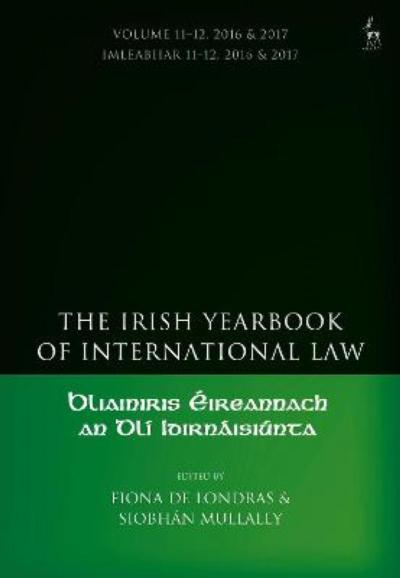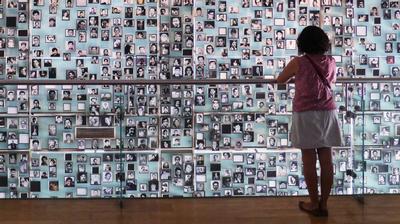"Does Judicial Reform Explain Post-Transitional Change?"
“Late justice” in Latin America started in the Southern Cone in the mid-1990s and gradually spread to a number of countries which are seeking to address the human rights violations committed during the authoritarian regimes that dominated the continent in the from the 1970s to the early 1990s. This paper explores to what extent judicial reform explains the onset of so-called late, or post-transitional, justice. The main argument presented here is that constitutional reforms have made Latin American judges more prone to prosecute the military for past human right violations because judges now enjoy more independence from powerful executives and the hierarchy of the judicial system has loosened, making lower court judges less dependent on their superiors. As a result, judges, especially those sympathetic to a human rights agenda, can push prosecutions more forcefully than they could before.







